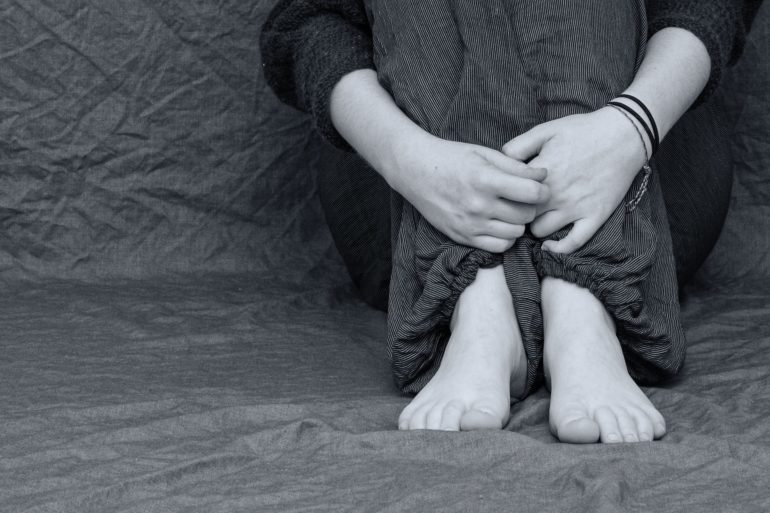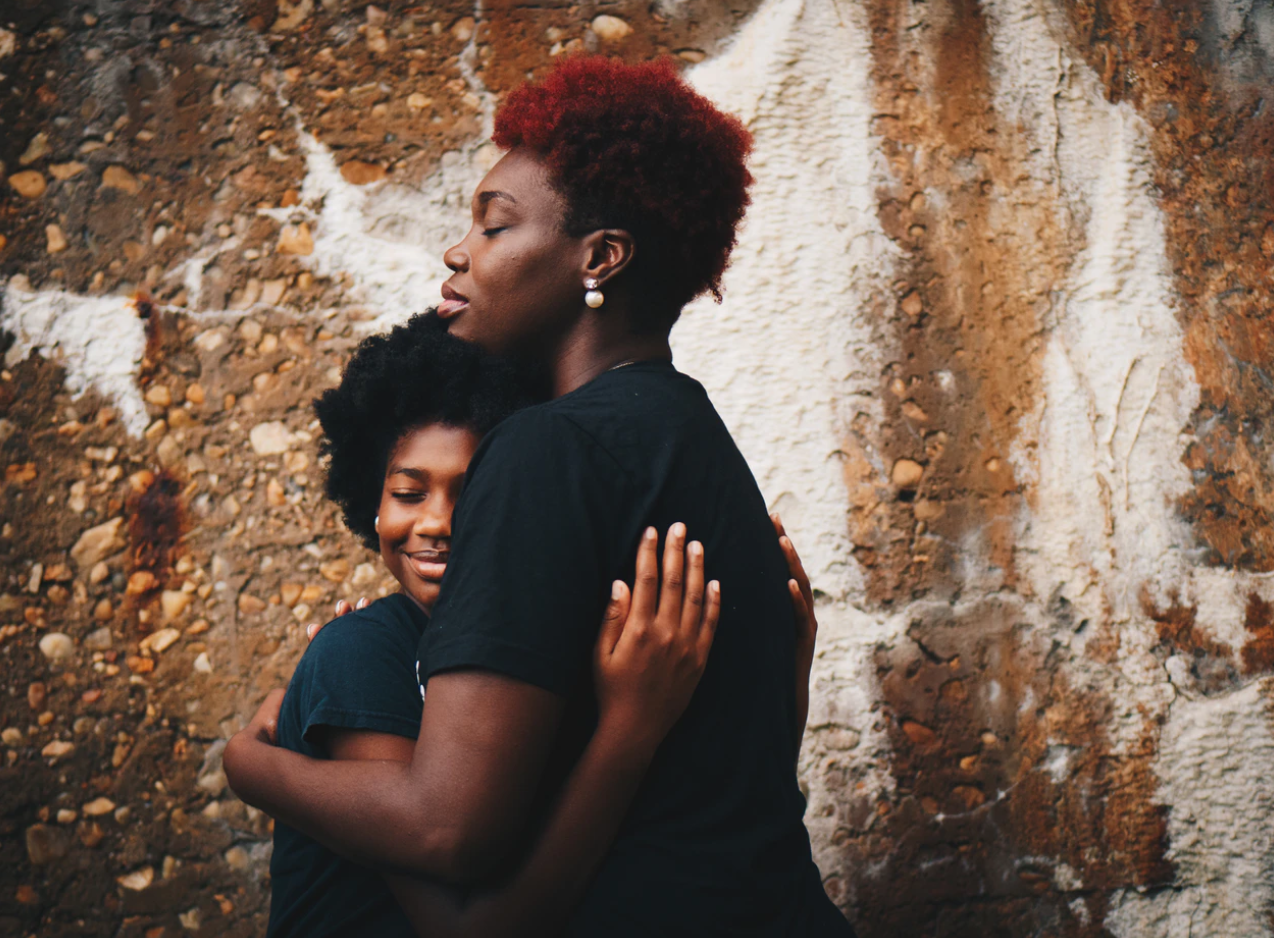
Your Daughter is the Bully. Now What?
Every parent worries about the dangers of bullying—but what if your daughter is the bully? Usually, the news will come from a school administrator, or sometimes another parent. For most people, the first reaction is disbelief. No parent wants to think their child is capable of bullying others, but it’s a more common phenomenon than many think: According to the American Society for the Positive Care of Children, 30 percent of youth admit to bullying others. Here are some steps to take when you learn your daughter is bullying other children.
Stay Calm
Acting as a bully doesn’t automatically indicate that a young girl has serious issues. In fact, research shows that young girls—even well-adjusted, otherwise exemplary girls—bully others for a variety of reasons. Peer pressure, social frustration, and even loneliness can all be the root cause of bullying. The first step is stay calm. Don’t lash out at other parents, teachers, or school staff. Take a measured approach to understand the situation, and your daughter’s actions. Don’t decide on a course of action until you have all the facts.
Ask Her What Happened
Talk to you daughter. Tell her about your concerns, and ask for her side of the story. Don’t excuse her behavior. Be firm in your assertion that bullying is unacceptable. Be clear that this is a judgement on her actions, not on her character. Communicate to her that if she has bullied others, she has made poor choices, and she must take responsibility for them. This is where you can impose consequences for her actions. Explain to her that in the future, she must choose to be better, and you want to help her do just that.
Focus on Empathy
Ask your daughter about the effect that her bullying has had on others. Stress empathy. How would she feel if someone bullied her in the same way? Emphasize a respect for the feelings of other children around her.
Understand the Cause
What did your daughter really want when she bullied another child? With charged behaviors, sometimes it’s difficult for your daughter to articulate her exact motivations. Talk with her to understand them. Focus first on helping her identify the variety of emotions leading up to the bullying, then progress to asking her to think about why she might have experienced each of those feelings. Once the two of you have a clearer picture of why the bullying occurred, ask her to imagine other ways of achieving the same goals. Help her envision solutions based in kindness that address the same desires that fed her bullying.
Work with Educators
It’s crucial to coordinate with your daughter’s teachers, guidance counselors, and school administrators. Tell them about the steps you’ve already taken at home, then empower them to mirror those steps in the classroom.
Build Skills
Talk to your daughter about what she could do differently in the future. Help her develop self-awareness and social empathy. Discuss conflict resolution and anger management techniques she can use to navigate difficult social settings. Help her practice them at home. Even after she stops bullying others, these will be important skills for your daughter to employ throughout her life.



